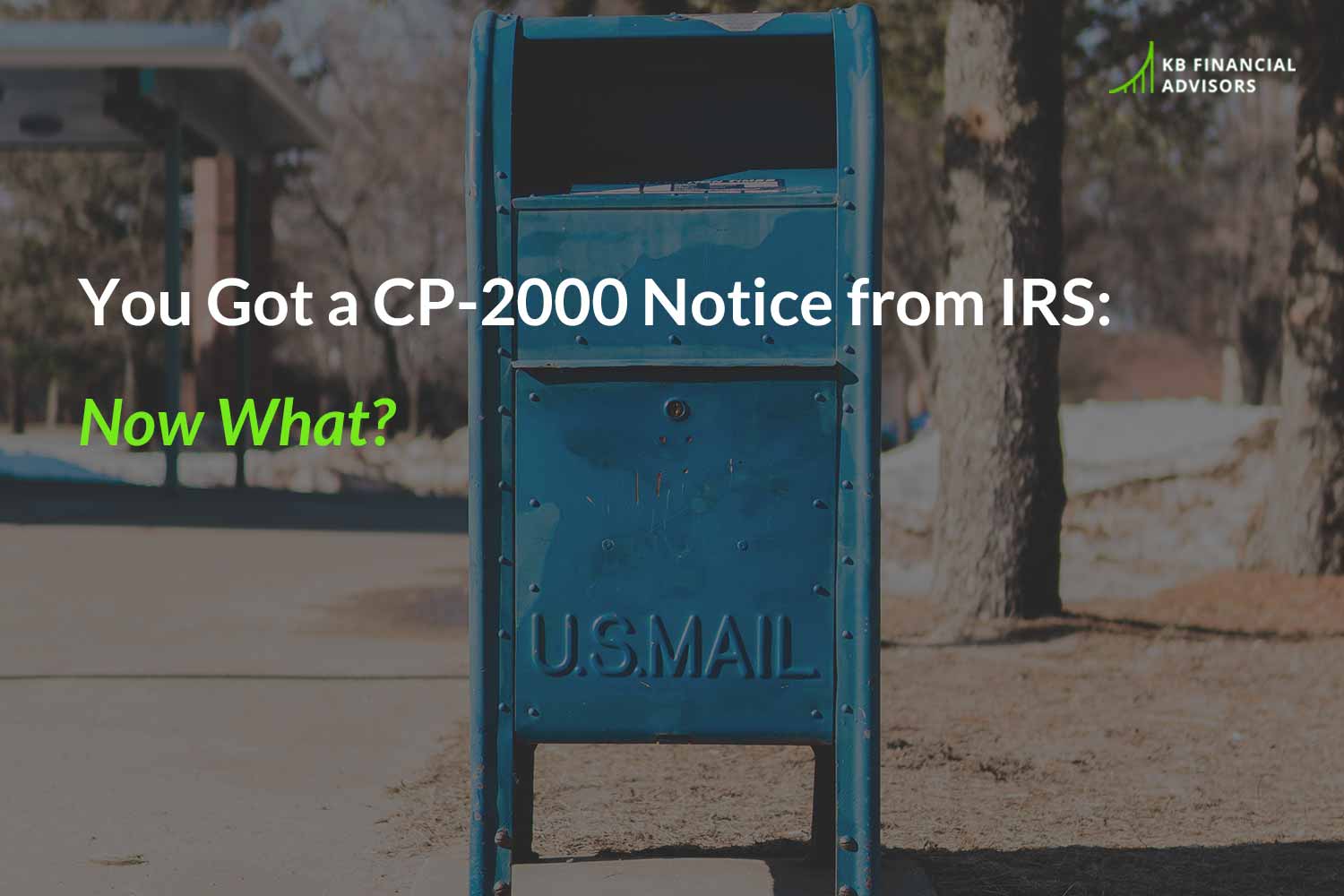Fact: When you start investing, you’re going to learn a lot of new vocabulary. (And it’s totally fine if you’re Googling things for a while trying to figure it all out… we’ve all been there. ????) But if you got here because you’re trying to understand the difference between fair market value vs cost basis… and why it even matters in the first place, you’re in the right spot. I’ve got a super-quick guide in this blog post that’ll help you understand.
Basically:
Fair market value = The current, sellable price of an asset (stock, bonds, real estate, etc.) any given day. (If you have stock options and your company hasn’t gone public yet, the market value is usually determined at least once per year in a 409A valuation.)
Cost basis = How much YOU paid for the investment asset, regardless of how much it’s currently worth. If you have stock options, your cost basis is your buy-in price, which is often lower than the current market value. If you’ve got a piece of real estate, it’s how much you paid for the property plus how much you’ve spent on capital improvements.
Typically, cost basis comes from a date in the past, and market value is based on today’s pricing.
So, what else do you need to understand about them?
Fair Market Value Fluctuates, Cost Basis Doesn’t
A great rule of thumb to help you differentiate between market value and cost basis is to remember which one fluctuates, and which one doesn’t.
As a rule of thumb,cost basis is your “base” price, and it doesn’t change. It’s based on the price of an investment asset on one day, at one point in history. The amount you paid for it won’t change, no matter what day you sell it on. (Note: this CAN change with real estate, especially if you invest in renovating the property to increase its value.)
Market value, on the other hand, changes often. Stock prices, for example, change daily. We’ve all heard the stories of some stocks taking off (like Nvidia in 2024), and some absolutely tanking (like First Republic Bank in 2023). No one knows what will happen to any stock’s market value, and anything could happen at any time.
Likewise, the value of bonds and real estate assets also fluctuate up and down depending on the market.
An important note in any market value vs cost basis discussion
It is true that cost basis is usually as simple as the price you paid for the investment or asset, and that cost basis does not change.
But there are times when cost basis must be adjusted (changed) for tax purposes. The most common scenarios are:
- A disqualifying disposition of Incentive Stock Options (ISO) when the difference between your cost basis and market value are reported as income on both your W-2 and Form 1099-B.
- Nonqualified Stock Options (NSO) with the difference between your cost basis and market value reported as income on both your W-2 and Form 1099-B.
- Restricted Stock Units (RSU) with a MISSING cost basis on form 1099-B.
Beware!
Failure to adjust incorrect cost basis could cause you to pay tens of thousands, sometimes hundreds of thousands of dollars in tax that you do not owe. It is important to work with a professional who understands cost basis vs market value to help you avoid costly mistakes.
Cost Basis (Usually) Makes Your Investments Profitable
When you’re given a buy-in price (cost basis) in your stock options grant package, that price will usually be lower than the fair market value when you exercise.
Automatically, even without selling, this gives you a “profit” in the form of more value in the stock options than you had to pay for. For example, if your buy-in price is $10 and the market value is $15, that’s $5 more per stock option you’ve “made” just by buying that stock.
(Ditto for other investments: the idea is that you buy in at a lower price, and the investment value increases over time… increasing your wealth.)
When you do sell, the ideal situation is to sell at a higher market value than what you paid for the investment asset. This gives you a profit, and is why smart, long-term investing is such a reliable way to grow your wealth..
Cost Basis & Taxes: The Need-to-Know
Ultimately, the only reason you need to know the terms “cost basis” and “market value” are for tax-filing purposes.
The process of figuring out taxes based on cost basis gets a little complicated, but the gist is this:
Market value – cost basis = capital gains.
So, like the example above, if you bought a stock for $10 (your cost basis) and sold it for $15 (the market value when you sold), your capital gain on that stock is $5… and that $5 is what you get taxed on.
You can do things like hold your assets for a year or more to lower your taxes via long-term capital gains rules, but that’s a separate topic. (And if you want to dive deeper into cost basis and taxes, you can do so here.)
Have a Financial Planner Help You Sort Through Fair Market Value vs. Cost Basis
Having a grasp on investment-based terminology is key to creating a successful financial plan.
But once you have the vocab pinned down, the next best thing you can do for yourself is work with a financial planner who’s helped hundreds of people just like you. They’ll help you assess your investments, make the best plan given your cost basis and current market value, help you plan for taxes, and find ways for you to make the most of your money.
To see if our firm would be a good fit for you, book a call here to get some ideas on financial goals we could achieve together.






